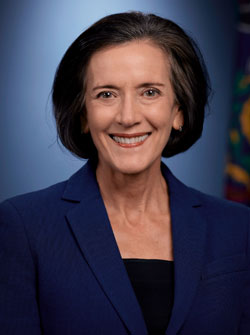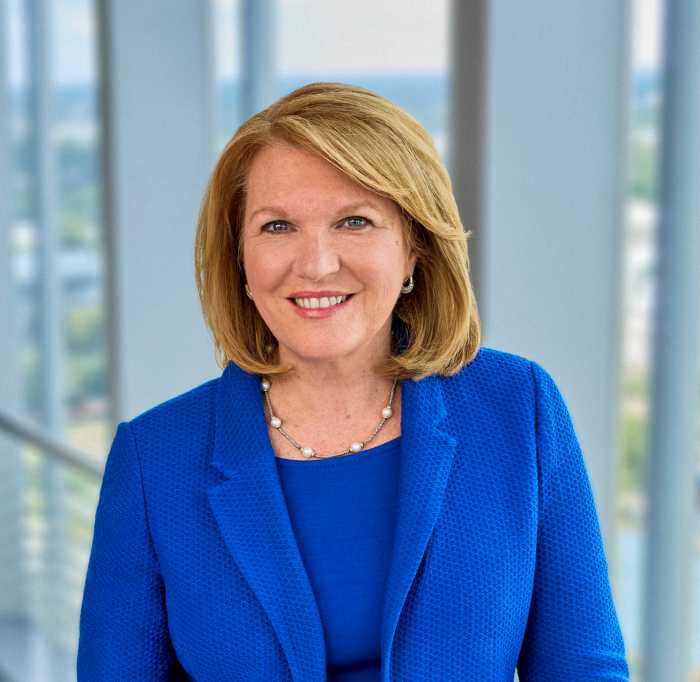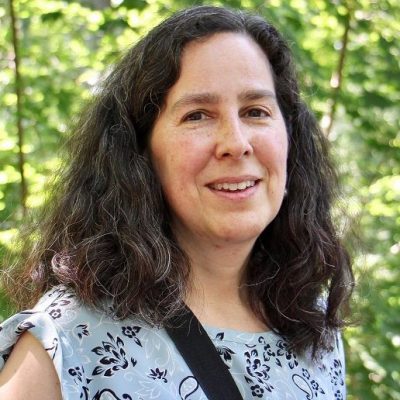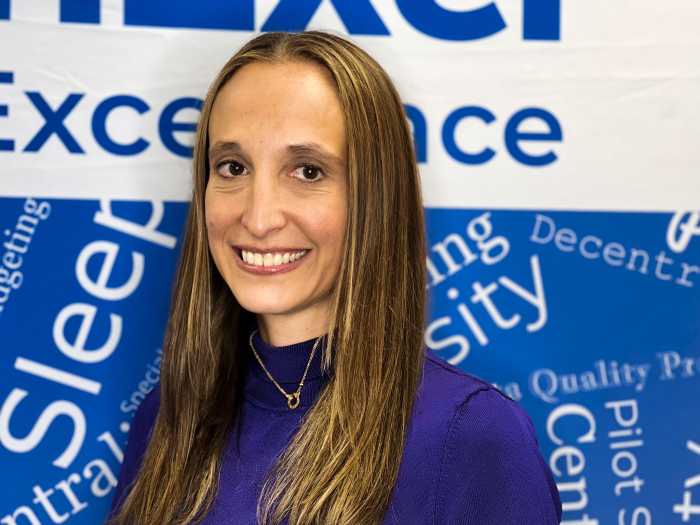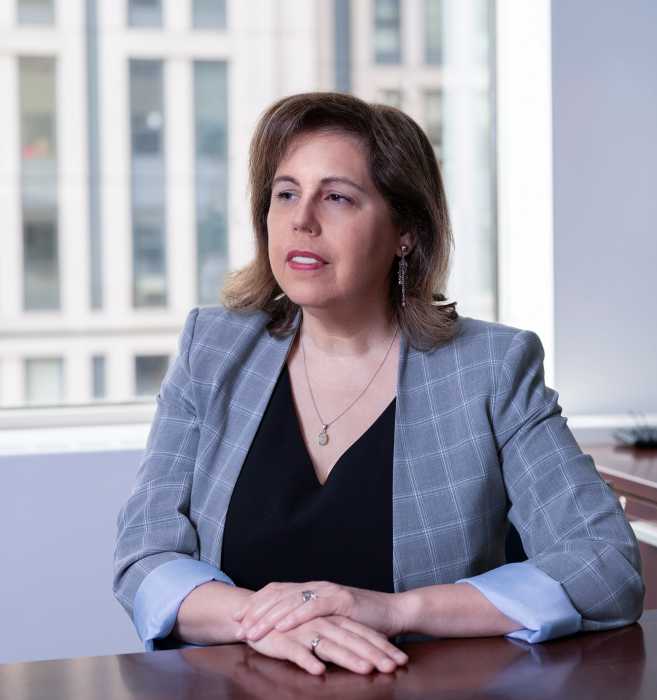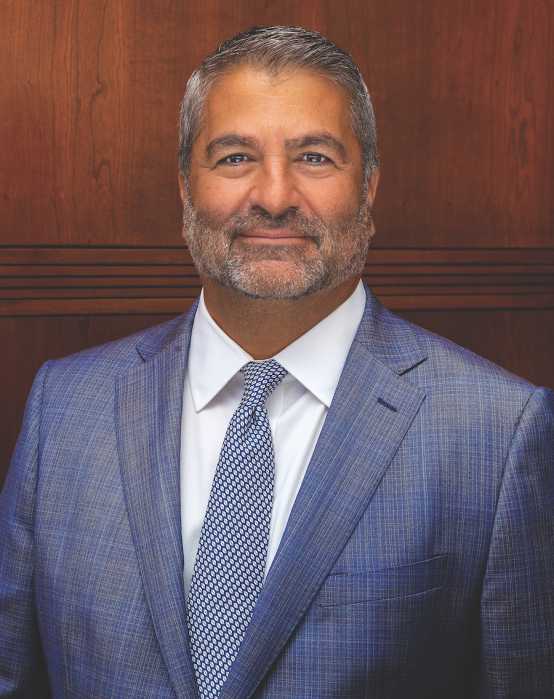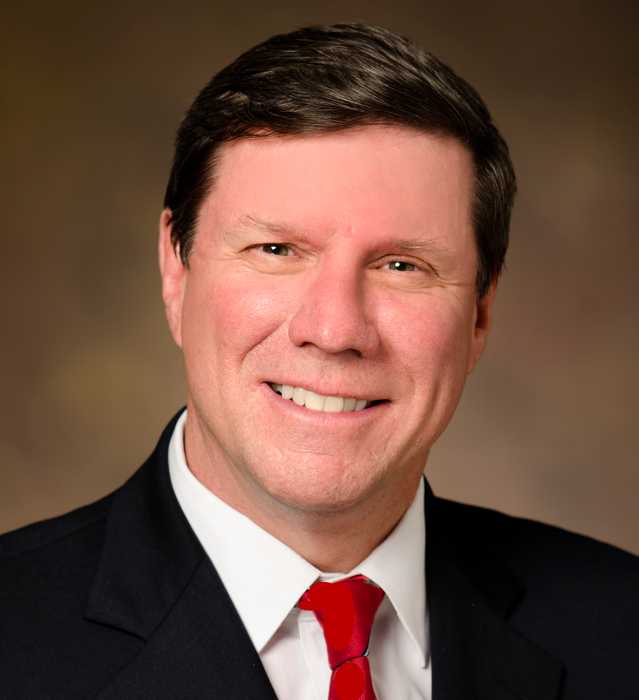Dr. Shahzad Ahmed is board certified in interventional cardiology, cardiovascular medicine, echocardiography, nuclear cardiology, vascular ultrasound, and internal medicine. He was awarded the Prestigious Award of Fellow of the American College of Cardiology in 2019 and Fellow of the Society of Cardiovascular Interventions in 2020. He completed internal medicine, cardiovascular, and interventional cardiology training at Drexel University College of Medicine.
What’s your favorite thing about working in health care?
I decided to pursue a career in health care to help patients in dire need of help. In my profession, it is even more critical to promptly save someone’s life, mainly dealing with a massive heart attack. If I have saved one life, I have accomplished my goal, which is the most satisfying as a health care provider and cardiologist.
What are the biggest issues facing the health care system in Philadelphia?
To provide equal access to health care to all Pennsylvania residents, equal coverage of health care needs, including prescription medications, and coverage for all diagnostic and therapeutic procedures, including essential medicines. Unfortunately, Medicare patients are primarily on fixed incomes and cannot afford many treatment modalities, as they are in a donut hole and must pay a specific % payment.
What does the future of health care in Philadelphia look like to you?
I see more healthcare innovations, including cardiology, in the next five years. I imagine it is going to be more telemedicine. I envision more outpatient cardiac procedures and labs. I also see an increased burden of cardiovascular disease in the future.




